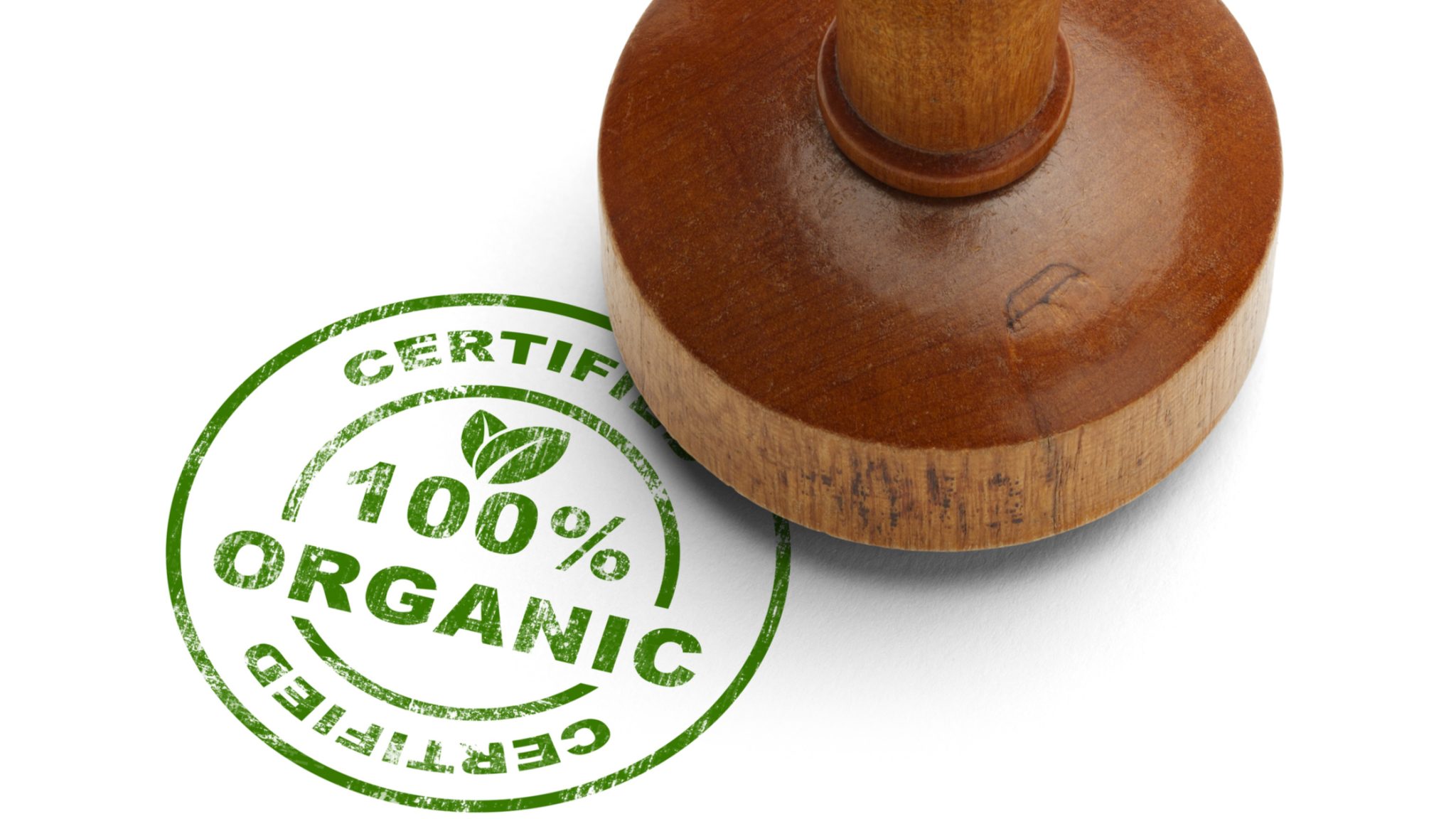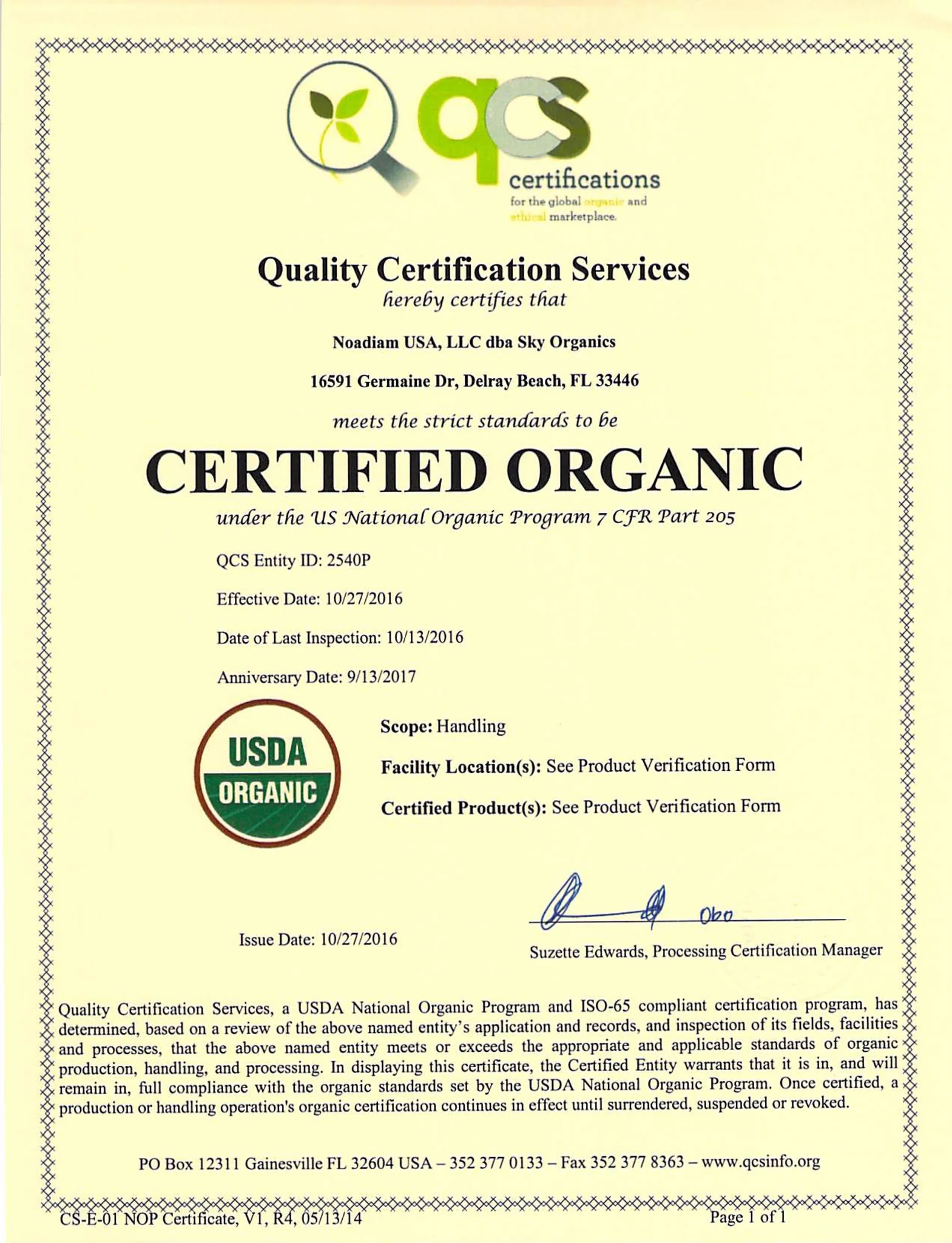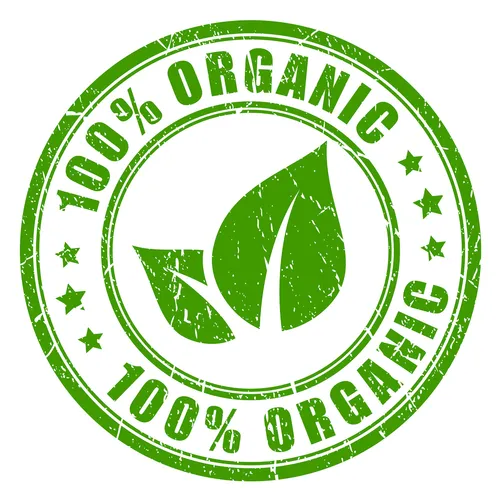Basic information about Organic Certificatation
Organic certification is a process by which agricultural products, including crops, livestock, and processed goods, are verified to comply with specific standards and regulations governing organic farming practices. The purpose of organic certification is to assure consumers that products labeled as “organic” have been produced using environmentally friendly, sustainable, and natural methods that prioritize soil health, biodiversity, and animal welfare.
Key aspects
Organic Standards
Organic certification is based on established standards and regulations that define the criteria and requirements for organic production. These standards may vary between countries and regions but generally include guidelines for soil management, crop rotation, pest and weed control, livestock husbandry, and the use of synthetic inputs.
Certifying Bodies
Organic certification is typically conducted by third-party certifying bodies or agencies accredited by government authorities. These certifiers assess farms, processing facilities, and other operations to ensure compliance with organic standards through on-site inspections, documentation review, and testing.
Farm Inspection
Organic certification involves on-site inspections of farms and production facilities to verify compliance with organic standards. Inspections may include assessments of soil health, crop management practices, pest and disease control methods, animal housing and welfare conditions, and record-keeping procedures.
Documentation and Record-Keeping
Certified organic producers are required to maintain detailed records documenting their farming practices, inputs, and production processes. This includes records of seed sources, crop rotations, field treatments, animal health care, and any inputs or materials used on the farm.
Prohibited Substances
Organic certification prohibits the use of synthetic chemicals, pesticides, fertilizers, genetically modified organisms (GMOs), irradiation, sewage sludge, and other prohibited substances in organic production. Only approved natural inputs and materials are allowed, and strict limits are placed on their use.
Labeling and Marketing

Once certified, organic producers are authorized to label their products as “organic” and use the official organic certification logo or seal on packaging and marketing materials. This labeling provides consumers with assurance that the product meets organic standards and has been verified by an accredited certifying body.
Annual Renewal
Organic certification is typically valid for a specific period, usually one year, after which certified producers must undergo a renewal process to maintain their certification. This process may involve additional inspections, documentation updates, and compliance checks to ensure ongoing adherence to organic standards.
Organic certification provides consumers with confidence that organic products have been produced according to strict guidelines that promote environmental sustainability, animal welfare, and public health. By supporting organic agriculture, consumers can contribute to a more sustainable and eco-friendly food system while enjoying products that are free from synthetic chemicals and harmful additives.
Benefits
Organic food has gained popularity due to its perceived health benefits. While scientific evidence varies, there are several potential advantages to choosing organic products:
- Higher Nutrient Content: Some studies suggest that organic milk contains more antioxidants, omega-3 fatty acids, and vitamins compared to non-organic milk. Organic cows are typically pasture grazed, resulting in better milk quality.
- Antioxidant-Rich Tomatoes: Organic tomatoes have been found to have higher levels of antioxidants, such as quercetin and kaempferol, due to their lower nutrient supply environment. These antioxidants are beneficial for health and may reduce the risk of chronic diseases.
- Reduced Chemical Exposure: Organic foods are produced without synthetic pesticides and fertilizers. Choosing organic reduces exposure to potentially harmful chemicals found in conventional produce.
- Environmental Impact: Organic farming practices prioritize soil health, biodiversity, and sustainable resource use. By supporting organic agriculture, consumers contribute to a healthier planet.
- No GMOs: Organic foods are non-GMO (genetically modified organisms), providing an alternative for those concerned about genetically engineered crops.
- Animal Welfare: Organic livestock are raised with higher animal welfare standards, including access to outdoor spaces and natural diets.
- Taste and Flavor: Many people find that organic fruits and vegetables have better taste and flavor due to their natural growth processes.
- Supporting Local Farmers: Choosing organic products often supports local farmers and promotes regional food systems.

Read more:
WHAT YOU NEED TO KNOW ABOUT COMMERCIAL INVOICE

